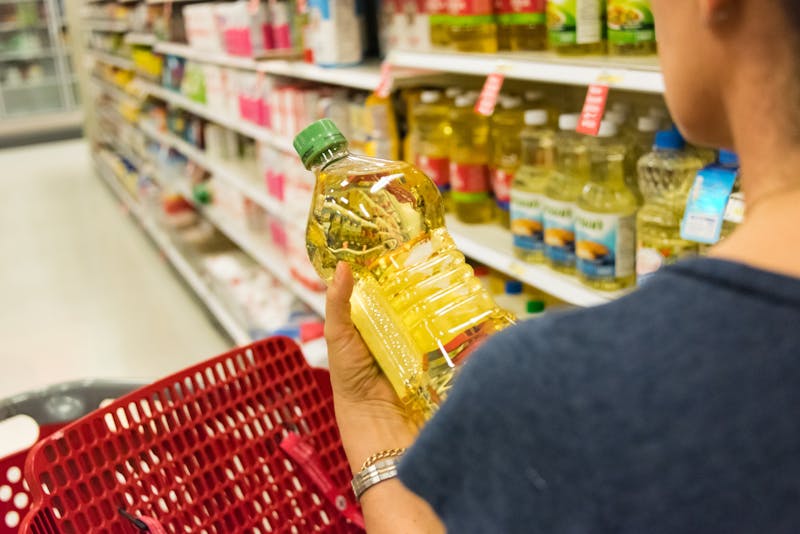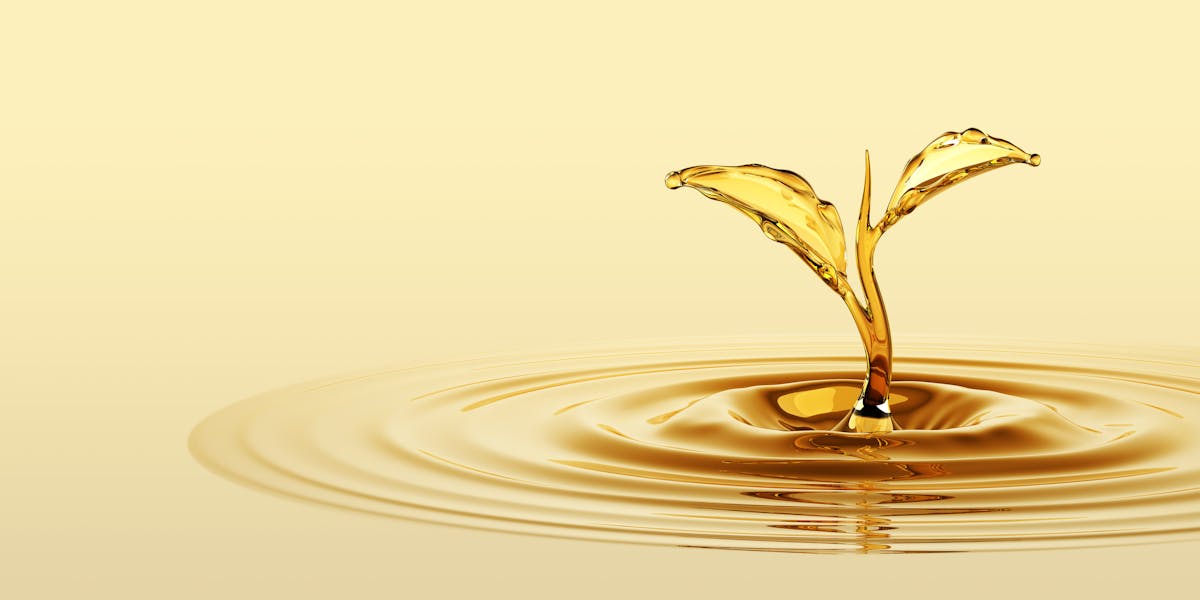Vegetable oils, friend or foe?

Are vegetable oils healthy? Can they help us reduce heart disease and live longer? Or do they trigger inflammation and cause cancer? Arguments have been made from both sides.
Now, a new meta-analysis provides more evidence for putting them in the “healthy” category, or at least in the “not being harmful” category. The paper was a review of multiple observational studies and concluded that a higher intake of linoleic acid is associated with lower risk of heart disease and death.
Can this study prove that linoleic acid is helpful and protective? No, it cannot. But can it suggest that maybe vegetable oils aren’t uniformly toxic and harmful to the general population? That seems like a more reasonable conclusion.
As a refresher, linoleic acid is a polyunsaturated fatty acid (PUFA) commonly found in industrial seed oils and highly processed foods, but also found in smaller amounts in natural foods like nuts and seeds. PUFAs have attracted attention recently as a potential contributor to chronic inflammation, insulin resistance and a possible increased risk of cancer.
As we reviewed in our evidence based guide on vegetable oils, the data are conflicting regarding their long-term impact on health. Mechanistic studies suggest they increase inflammation, reactive oxygen species, and if you have ever seen vegetable oils being made, you can see how they are at odds with our evolutionary history. Despite this, clinical trial evidence does not show a clear increase in inflammation, nor does it show a clear increased risk of cancer or other chronic medical conditions.
So, what does this new review show? For starters, it was a large statistical undertaking including 38 studies and 811,000 people assessed by dietary assessment (mostly food frequency questionnaires which we have commented on previously regarding their inherent inaccuracies) and 65,000 people assessed with biomarker measurements such as linoleic acid concentrations in fat cells. Those who consumed the highest amount of linoleic acid had a modest 13% relative reduction in risk of all cause mortality and heart disease death compared to the lowest consumers.
As we have mentioned before, nutritional observational studies with small risk benefits are weak studies that are complicated by potential errors, and therefore should not be used to conclude that something is beneficial or not. However, can a study like this prove, or at a minimum suggest, that linoleic acid is not generally harmful? That is the much more interesting question surrounding this study.
In light of this new review, the claim that PUFA oils are harmful may be getting weaker.
Personally, I will continue to eat whole, naturally occurring foods and few processed oils and recommend my patients do the same. But do I have strong evidence to support that? No, I don’t. But I also do not have strong evidence to say we should eat more PUFAs. Thus, this study is interesting but too weak in quality to move the needle.
Thanks for reading,
Bret Scher, MD FACC


Vegetable oils: are they healthy?
GuideVegetable oils — those shiny modern elixirs — have seeped their way into all the nooks and crannies of our food supply. Are they healthy, and what happens when we eat them?